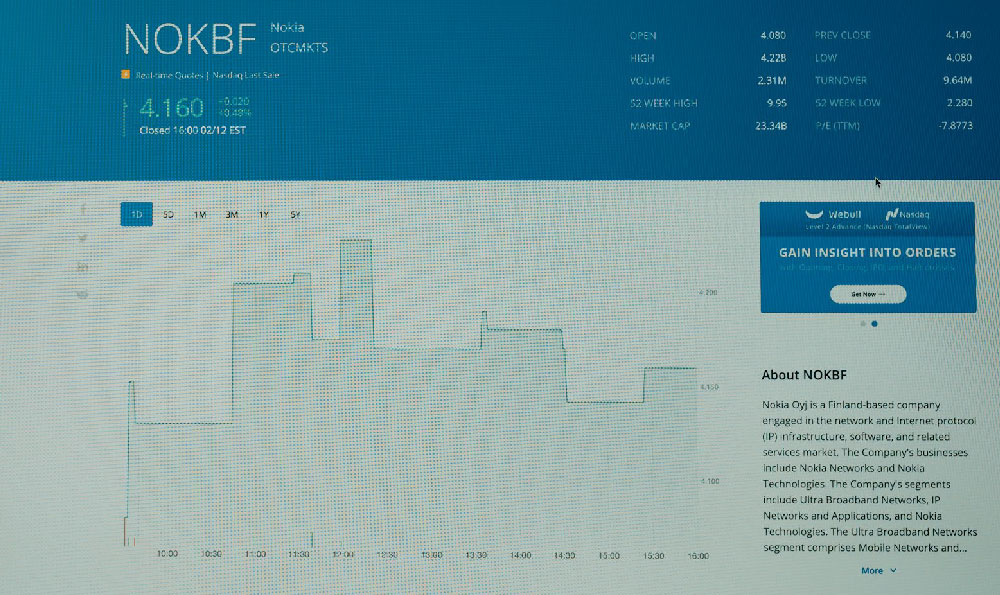Where Should I Invest My Money, and How Can I Do It Wisely?

The realm of cryptocurrency investment is a dynamic and often turbulent landscape, demanding both a keen understanding of its underlying principles and a disciplined approach to risk management. Before diving into specific investment avenues, it's crucial to establish a firm foundation built on knowledge and realistic expectations. Remember, no investment guarantees profit, and the inherent volatility of cryptocurrencies necessitates a long-term perspective and a willingness to weather market fluctuations.
Your initial allocation of capital should be guided by your risk tolerance and financial goals. Are you aiming for aggressive growth, or are you seeking more conservative returns? This self-assessment will dictate the types of cryptocurrencies and investment strategies that are most suitable for your portfolio. A diversified portfolio is generally recommended to mitigate risk. Spreading your investment across different cryptocurrencies, each with varying market capitalizations, use cases, and technological underpinnings, can cushion the impact of any single asset's underperformance.
One popular approach for beginners is to allocate a significant portion of their portfolio to established cryptocurrencies like Bitcoin (BTC) and Ethereum (ETH). Bitcoin, as the pioneering cryptocurrency, enjoys the highest level of market recognition and liquidity. It's often seen as a store of value, similar to gold, and benefits from a well-developed infrastructure and a growing institutional interest. Ethereum, on the other hand, is the leading platform for decentralized applications (dApps) and smart contracts. Its robust ecosystem and ongoing developments, such as the transition to Proof-of-Stake (PoS), make it a compelling investment option.

Beyond Bitcoin and Ethereum, a universe of alternative cryptocurrencies, often referred to as "altcoins," exists. These altcoins can offer significant growth potential but also come with increased risk. Before investing in any altcoin, thorough research is paramount. Analyze the project's whitepaper, assess the team behind it, evaluate the technology it employs, and understand its potential market application. Pay close attention to the project's community and development activity. A strong community and active development are indicators of a project's long-term viability.
Furthermore, consider the market capitalization of the altcoin. Lower market cap coins are more susceptible to price manipulation and greater volatility. While they may offer higher potential returns, they also carry a higher risk of complete loss. Investing in a diversified selection of altcoins can help mitigate this risk, but always remember that this portion of your portfolio should be allocated with caution and with an understanding that you could lose your entire investment.
Beyond simply selecting cryptocurrencies, consider the different methods of investment. Direct purchase through cryptocurrency exchanges is the most common approach. Reputable exchanges provide access to a wide range of cryptocurrencies and offer various trading tools and features. However, it's crucial to choose an exchange with a strong security track record and adhere to industry best practices for protecting your funds.
Another option is to invest in cryptocurrency-related companies or funds. This approach allows you to gain exposure to the cryptocurrency market without directly holding digital assets. Companies involved in blockchain technology, cryptocurrency mining, or digital asset management can offer indirect exposure to the sector. Cryptocurrency funds, such as ETFs or index funds (when available and regulated in your jurisdiction), provide a diversified basket of cryptocurrency-related assets.
Staking and yield farming are additional avenues for generating returns on your cryptocurrency holdings. Staking involves locking up your cryptocurrencies to support the operation of a blockchain network and earn rewards in return. Yield farming involves providing liquidity to decentralized finance (DeFi) platforms and earning rewards in the form of interest or additional tokens. While these strategies can offer attractive returns, they also come with their own set of risks, including smart contract vulnerabilities and impermanent loss. Thoroughly research the platforms and protocols involved before engaging in staking or yield farming.
Effective risk management is an integral part of wise cryptocurrency investing. Never invest more than you can afford to lose. This cardinal rule will help you avoid emotional decision-making and prevent financial ruin. Implement stop-loss orders to limit your potential losses on individual trades. Rebalance your portfolio regularly to maintain your desired asset allocation. This involves selling assets that have outperformed and buying assets that have underperformed to bring your portfolio back into alignment with your risk tolerance and investment goals.
Stay informed about market trends and regulatory developments. The cryptocurrency market is constantly evolving, and new information can significantly impact prices. Follow reputable news sources, attend industry conferences, and engage with the cryptocurrency community to stay abreast of the latest developments. Be wary of hype and avoid making impulsive decisions based on fear of missing out (FOMO).
Crucially, be vigilant against scams and fraudulent schemes. The cryptocurrency market is unfortunately rife with scams that promise unrealistic returns or exploit vulnerabilities in unsuspecting investors. Be skeptical of unsolicited offers, do your own research, and never share your private keys with anyone. Employ robust security measures to protect your cryptocurrency holdings, including using strong passwords, enabling two-factor authentication, and storing your cryptocurrencies in secure wallets. Hardware wallets, also known as cold wallets, offer the highest level of security by storing your private keys offline.
Finally, remember that investing in cryptocurrencies is a marathon, not a sprint. Patience and discipline are essential for long-term success. Avoid trying to time the market or making hasty decisions based on short-term price fluctuations. Focus on building a diversified portfolio of quality assets and maintaining a long-term perspective. By following these guidelines, you can navigate the complexities of the cryptocurrency market and increase your chances of achieving your financial goals while mitigating the inherent risks. Consider consulting with a qualified financial advisor to tailor an investment strategy that aligns with your specific circumstances and risk tolerance.















